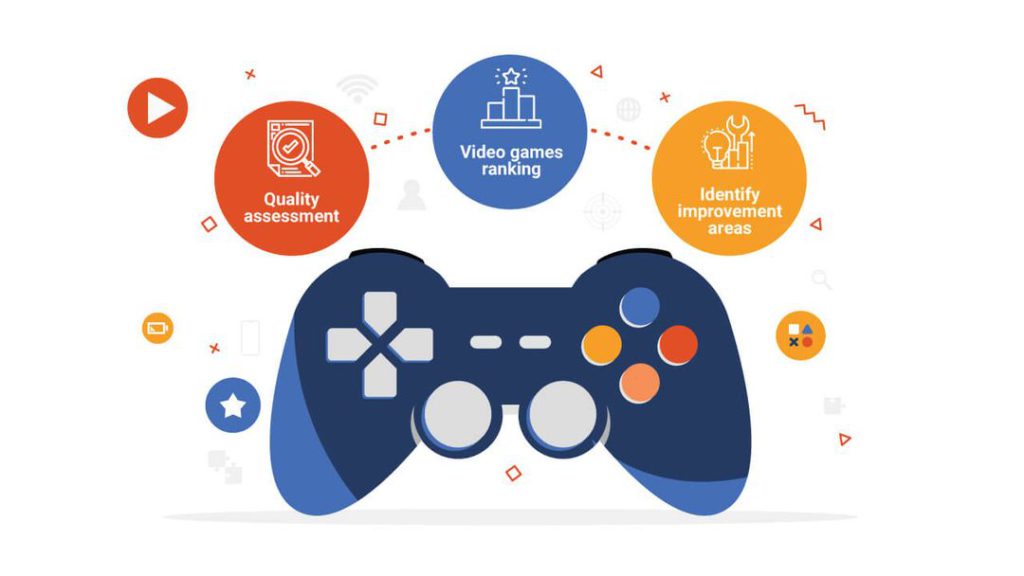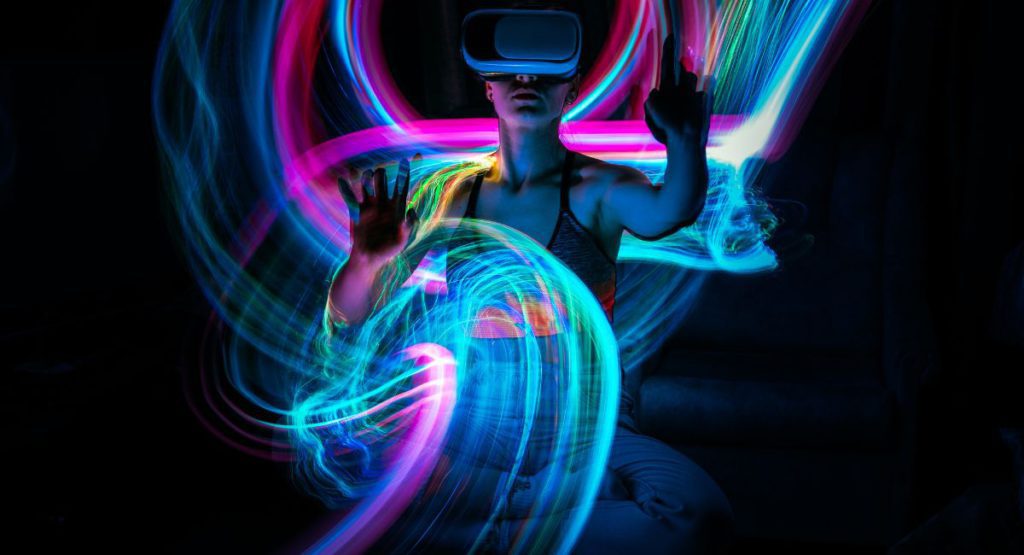Who Is A Metaverse App Developer And Top 8 Important Steps To Become One

The concept of the metaverse has captured the imagination of many, promising a virtual world where people can live, work, and play. As the metaverse becomes an increasingly integral part of the digital landscape, the demand for metaverse app developers is on the rise. In this comprehensive guide, we’ll explore everything you need to know to embark on the journey of becoming a metaverse app developer.
What is the Metaverse?
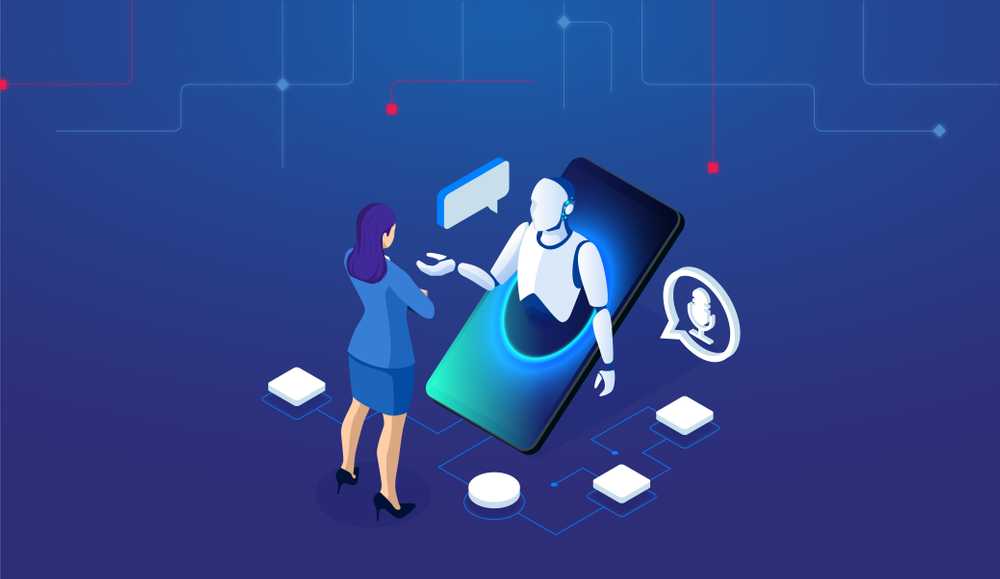
The metaverse is a virtual, interconnected universe consisting of digital spaces, environments, and experiences. It’s a collective virtual shared space that merges aspects of augmented reality (AR), virtual reality (VR), and the internet, where users can interact with each other and digital assets in real-time. Metaverse apps are the software applications that enable users to access and engage with this virtual world.
Solana Mobile Stack is laying the rails for future Web 3 development!
Making the complicated experience of using cryptography simpler for users by creating a developer friendly app store with No FEES!
Enabling #Web3 developers build Web3 apps.#Solana #Metaverse #Apps #Mobile pic.twitter.com/EEaNTcADdZ
— Siggy (@Siggy_SA) June 28, 2022
The Role of a Metaverse App Developer

A metaverse app developer is responsible for designing, developing, and maintaining software applications that facilitate interactions within the metaverse. Their role involves creating immersive and interactive experiences, connecting users across virtual spaces, and leveraging technologies like blockchain, AR, VR, and 3D modeling to enhance the metaverse.
Skills and Knowledge
To become a metaverse app developer, you need a diverse skill set and a solid foundation in various technologies:
1. Programming Languages:
- Unity and Unreal Engine: These game engines are often used to create immersive metaverse experiences.
- Web3 Technologies: Familiarity with blockchain development and decentralized applications (DApps) is crucial, as many metaverse apps are built on blockchain platforms.
2. 3D Modeling and Design:
- Proficiency in 3D modeling software like Blender or Maya for creating virtual environments and assets.
- Knowledge of texture mapping, shading, and lighting to create realistic visuals.
3. Virtual Reality (VR) and Augmented Reality (AR):
- Understanding the principles of VR and AR technology, including hardware and software components.
- Developing apps compatible with VR headsets and AR devices.
4. Blockchain Development:
- Familiarity with blockchain platforms like Ethereum and Solidity for creating blockchain-based assets and virtual economies.
5. Networking and Interactivity:
- Knowledge of network protocols and multiplayer networking to enable real-time interactions in the metaverse.
- Implementing social features and in-app communication tools.
6. User Experience (UX) and User Interface (UI) Design:
- Designing intuitive interfaces for metaverse apps that enhance user engagement and accessibility.
Also, read – The Top Fortune 500 Metaverse Development Companies
Steps to Become a Metaverse App Developer
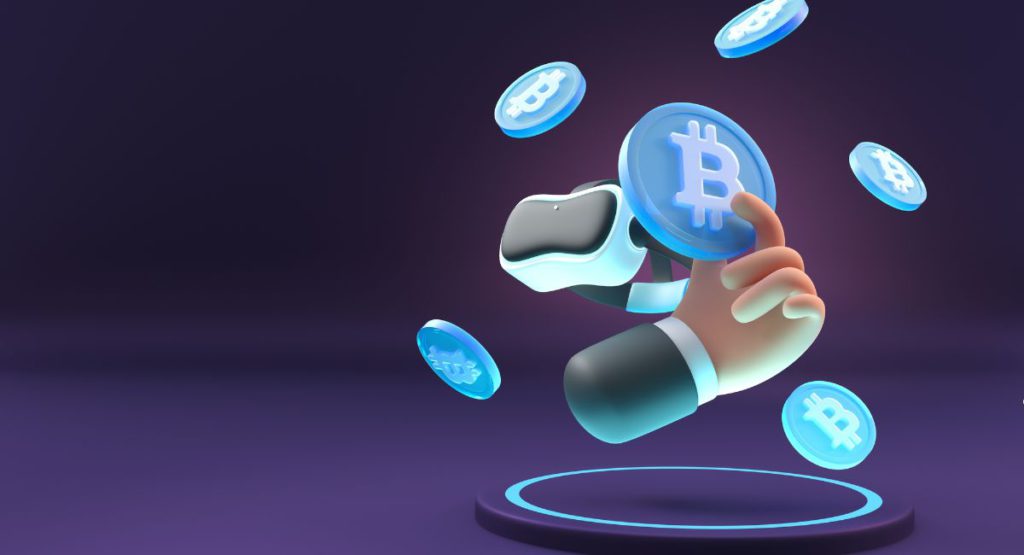
Here’s a step-by-step guide to becoming a metaverse app developer:
1. Learn the Basics:
- Start by gaining a strong foundation in programming languages like C# (for Unity) or C++ (for Unreal Engine).
- Explore 3D modeling and design principles and tools.
- Get acquainted with VR and AR technologies.
2. Choose Your Focus:
- Determine your area of specialization within the metaverse development landscape. Decide if you want to work on VR, AR, blockchain, or a combination of these technologies.
3. Acquire Relevant Skills:
- Enroll in online courses, attend workshops, and follow tutorials to develop expertise in your chosen area.
- Practice by creating your own small metaverse projects.
4. Build a Portfolio:
- Create a portfolio showcasing your metaverse app projects. Include detailed documentation, code samples, and visuals of your work.
5. Stay Updated:
- Keep up with the latest developments in metaverse technology, such as new VR/AR hardware, blockchain advancements, and emerging platforms.
6. Collaborate and Network:
- Join metaverse development communities, attend industry conferences, and connect with other developers and professionals in the field.
7. Start Building Apps:
- Begin developing your own metaverse apps or contribute to existing projects.
- Seek feedback from peers and mentors to refine your skills.
8. Seek Job Opportunities:
- Look for job openings or freelance opportunities in metaverse development.
- Tailor your resume and portfolio to highlight your relevant skills and experience.
Challenges and Future Outlook
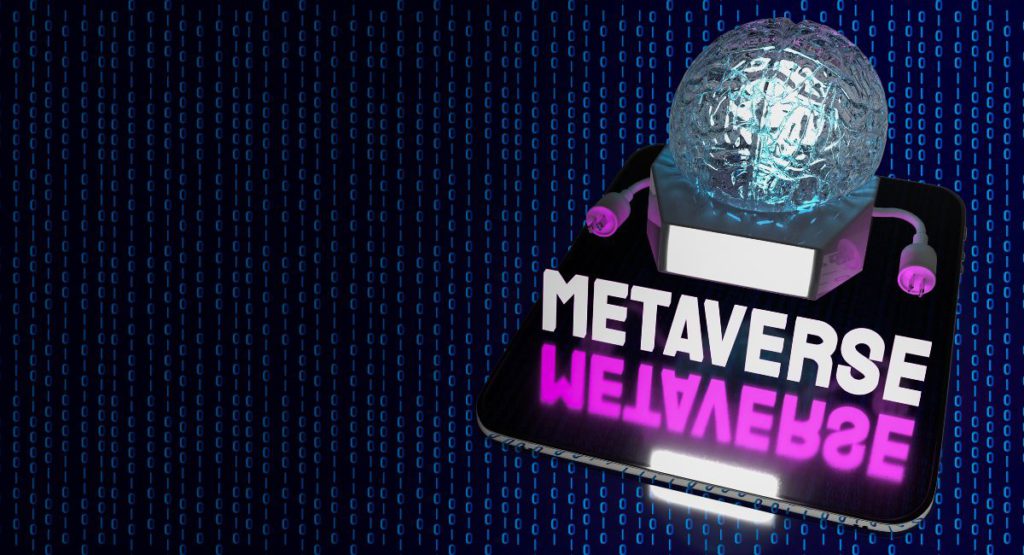
Becoming a metaverse app developer is an exciting but challenging journey, with both opportunities and obstacles along the way. In this section, we’ll delve into the challenges and the future outlook of pursuing a career as a metaverse app developer:
Challenges:
1. Rapid Technological Advancements:
- Challenge: Technology within the metaverse is evolving at a breakneck pace, making it challenging to keep up with the latest developments in VR, AR, blockchain, and other essential technologies.
- Solution: Continuous learning and adaptability are essential. Developers must stay updated with emerging technologies and regularly update their skills.
2. Complex Development Environment:
- Challenge: Building metaverse apps often requires proficiency in multiple technologies, including 3D modeling, game engines, blockchain, and networking. Navigating this complex development environment can be daunting.
- Solution: Focus on one area while gradually expanding your skill set. Collaborating with experts in complementary fields can also mitigate the complexity.
3. High Competition:
- Challenge: The demand for skilled metaverse app developers is growing, leading to increased competition for job opportunities and freelance projects.
- Solution: Showcase your expertise with a strong portfolio and seek unique ways to differentiate yourself. Networking and personal branding can also help you stand out.
4. Privacy and Ethical Concerns:
- Challenge: The metaverse raises concerns about privacy, data security, and ethical use, as it involves collecting and processing vast amounts of user data.
- Solution: Developers must prioritize user privacy and ethical practices in their app development. Staying informed about evolving regulations is crucial.
5. Regulatory Uncertainty:
- Challenge: The metaverse operates across international borders, creating regulatory complexities. The lack of clear regulations can hinder development and investment.
- Solution: Developers should monitor global regulatory developments and ensure compliance with existing laws. Collaborating with legal experts may be necessary.
Future Outlook:
1. Expanding Job Market:
- Opportunity: The demand for metaverse app developers is expected to grow substantially as the metaverse becomes more mainstream. This presents numerous job opportunities and career advancement potential.
- Outlook: Developers who specialize in metaverse technologies are likely to see a strong and stable job market.
2. Diverse Applications:
- Opportunity: The metaverse has applications beyond gaming, including education, healthcare, virtual offices, and social interactions. Developers can explore a wide range of industries.
- Outlook: The versatility of the metaverse ensures a diverse set of opportunities for app developers as it continues to expand into various sectors.
3. Technological Advancements:
- Opportunity: Advancements in AR/VR hardware, blockchain, AI, and 5G connectivity will open up new possibilities for metaverse app developers.
- Outlook: Staying ahead of technological trends will allow developers to create innovative and competitive metaverse experiences.
4. NFT Integration:
- Opportunity: Non-fungible tokens (NFTs) are gaining popularity in the metaverse for ownership and trade of virtual assets. Developers can explore NFT integration in their apps.
- Outlook: NFTs are expected to play a significant role in the metaverse’s economic ecosystem, offering developers opportunities for unique monetization models.
5. Cross-Platform Integration:
- Opportunity: The metaverse is likely to be a multi-platform environment, with interoperability between various metaverse spaces and applications.
- Outlook: Developers who can create cross-platform solutions and ensure seamless user experiences across different metaverse platforms will be in high demand.
In conclusion, the future outlook for metaverse app developers is promising, with a growing job market, diverse applications, and technological advancements. However, developers must be prepared to address challenges related to rapid technological changes, competition, privacy concerns, and regulatory uncertainties. By staying adaptable, innovative, and ethical, developers can position themselves for success in the evolving metaverse landscape.

